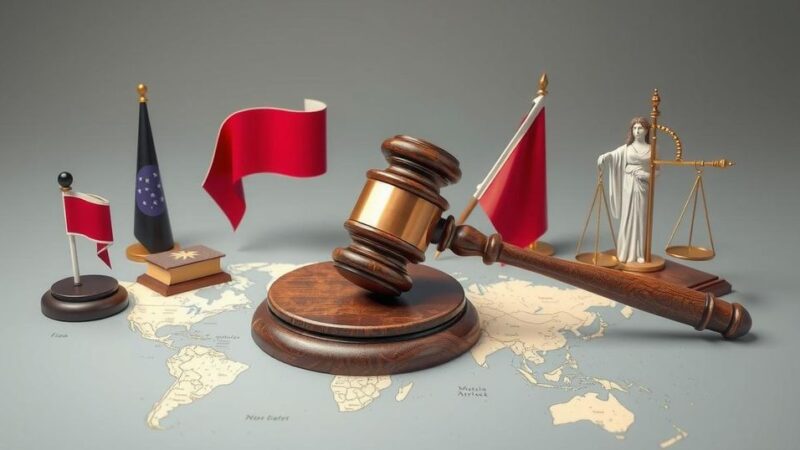A recent encounter involving an isolated Amazon tribe brings to light the perils of first contact with the outside world. The event illustrates that these tribes are not truly isolated but have a history of traumatic encounters with outsiders that have instilled deep fear and mistrust. The consequences of such contact often involve violence and disease, which pose severe risks to their survival. Experts argue for a cautious approach that respects the autonomy and health of these groups, as external threats continue to grow.
The emergence of an isolated tribe from the Amazon has raised concerns about the impacts of first contact with the outside world. Two days before July 1, Brazilian governmental agency Funai confirmed that seven members of an uncontacted tribe had made peaceful contact with villagers near the Peruvian border. This event marked the first contact since 1996 and followed reports of the tribe stealing crops and tools, driven not by a thirst for goods, but by fear of violent attacks from external threats, including illegal loggers and traffickers. Their knowledge of surrounding threats reveals that these tribes are not oblivious to encroachment but have historically endured trauma from outsiders, leading to their isolated existence. The repercussions of such encounters are grave; disease outbreaks often devastate isolated communities, as they lack immunity to various pathogens brought by outsiders. Historical precedents reveal the tragic fate of tribes that have come into contact with the outside world, calling into question the strategies employed by agencies like Funai. As the world continues to encroach upon their lands, experts advocate for protective measures and respect for the autonomy and health of these isolated groups, fearing that neglect will lead to their extinction.
The article explores the complex relationship between uncontacted tribes and the outside world, particularly emphasizing the dangers these tribes face upon making contact. It addresses the misconception that such tribes live in complete isolation, noting instead their awareness of external threats and historical trauma from outside contact. The article further discusses the government policies that have led to both forced assimilation and disease outbreaks among these groups, raising ethical concerns about the management of first contacts. Observations in the Amazon indicate that isolated tribes have become increasingly vulnerable to external forces, underscoring the need for proactive measures to protect these marginalized communities.
In summary, the phenomenon of uncontacted tribes highlights the significant risks associated with first contact, including violence, disease, and loss of autonomy. Despite misconceptions surrounding these tribes, it is evident that they are aware of their diminishing sanctuaries amidst external pressures. It is crucial for governments and organizations to adopt more transparent and sensitive approaches to ensure the protection and future viability of these communities, thereby preventing their extinction in light of historical exploitation and ongoing encroachment by external entities.
Original Source: www.bbc.com







